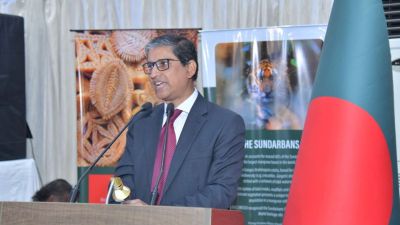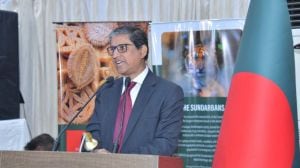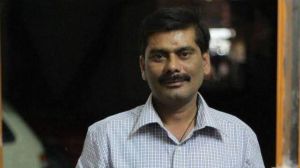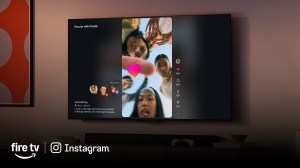Kangana Ranaut faces backlash for calling Netaji Subash Chandra Bose India’s first PM
Ranaut suggested that Bose was denied entry into the country despite his pivotal role in securing India’s freedom
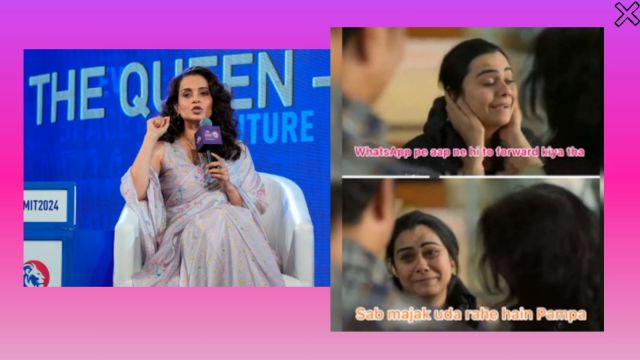 Her interpretation sparked widespread trolling on social media.
Her interpretation sparked widespread trolling on social media.Actress-turned-politician Kangana Ranaut sparked controversy once again with her recent assertion at the Times Now Summit, wherein she labelled Netaji Subash Chandra Bose as India’s first prime minister.
In a video clip circulating on social media, Ranaut referred to Bose’s significant contributions to India’s independence struggle, citing his leadership roles within the Indian National Congress and the Forward Bloc. However, her remarks were swiftly met with criticism for historical inaccuracy.
While attempting to elucidate Bose’s ‘absence’ post-Independence, Ranaut suggested he was denied entry into the country. Her interpretation sparked widespread trolling on social media platforms.
After the video went viral, netizens and other prominent political leaders and party members took to their social media accounts to express their views. Many even trolled her in the comments.
One user shared the video snippet and a few memes on X with the caption, “Kangana is New Brand Ambassador of WhatsApp University.” Another user shared a video stating, “People of Mandi will have torturous 05 years if Kangana wins.” Actor Prakash Raj also posted on X, “Clowns of Supreme Joker’s Party… what a Disgrace.”
Clowns of Supreme Joker’s Party… what a Disgrace..#justasking .. ಮಹಾಪ್ರಭುವಿನ ಆಸ್ಥಾನ ವಿದೂಷಕರು… https://t.co/Q17wagFd0M
— Prakash Raj (@prakashraaj) April 4, 2024
An X user wrote, “when Alia Bhatt said something like this on National Television she was just a teen (19 years old) but here almost 40 years old so called nationalists aka Andh Bhakt is so ‘Genius of the Year’ for this!”
The official account of the Congress also trolled her by posting a video with the controversial snippet and the caption, “Kangana ji has a deep understanding of history. If two or four more samples are presented like this, then BJP can be a strong contender for the post of Prime Minister.”
This is not the first time that Ranaut has stirred controversy with her historical interpretations. She has previously stated that India truly gained independence after the election of Prime Minister Narendra Modi in 2014.
- 01
- 02
- 03
- 04
- 05


